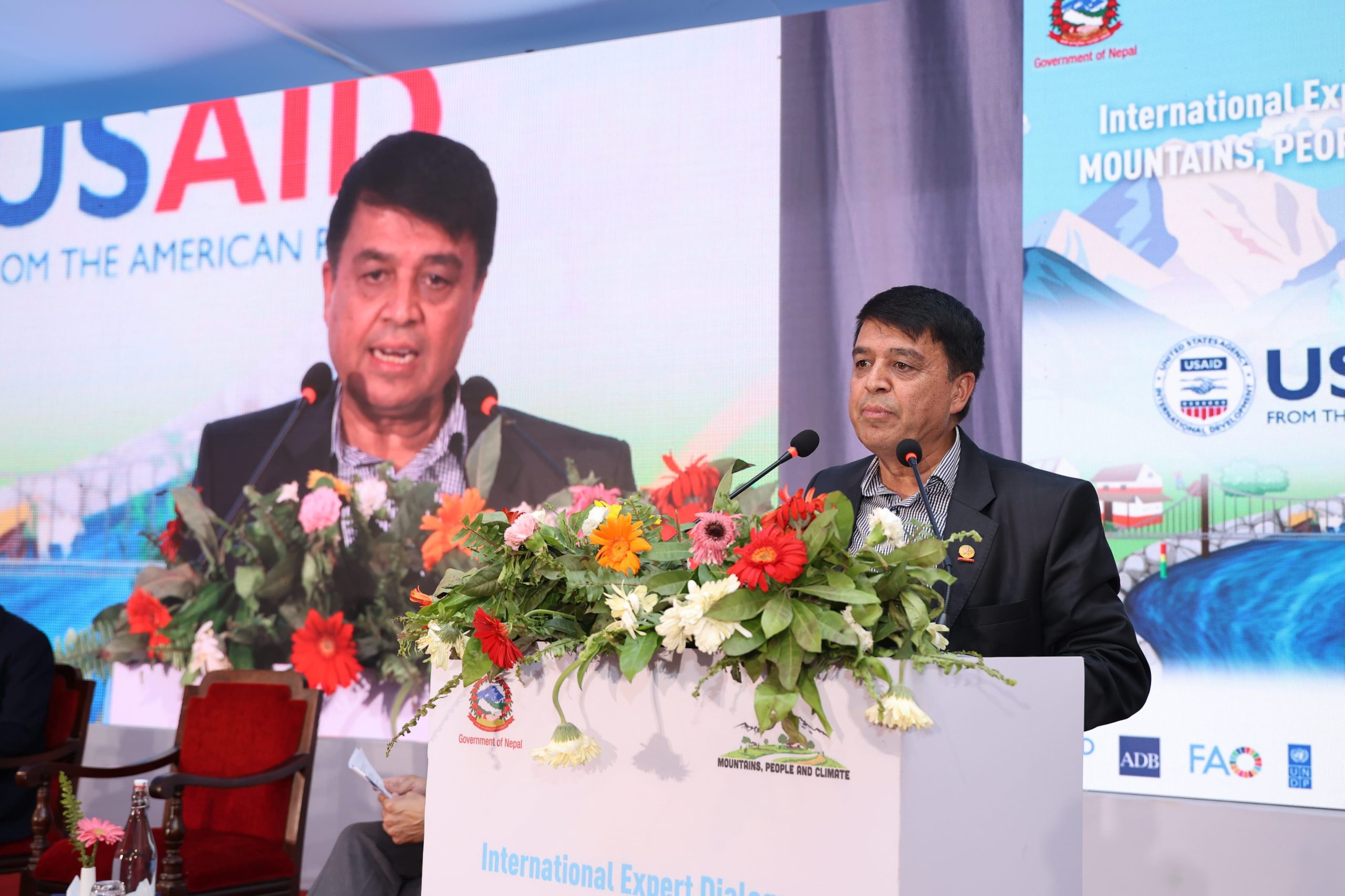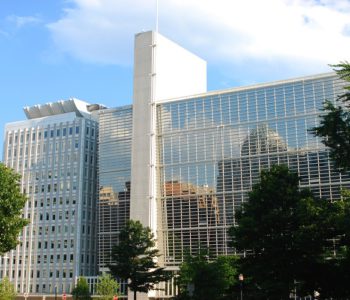FNCCI President Dhakal Advocates for Climate-Friendly Investments at International Dialogue

KATHMANDU: Chandra Prasad Dhakal, President of the Federation of Nepalese Chambers of Commerce and Industry (FNCCI), underscored the pivotal role of the private sector in mobilizing climate finance and driving sustainable development initiatives.
Speaking at the International Expert Dialogue on Mountains, People, and Climate Change Dhakal highlighted Nepal’s dedication to addressing climate change and harnessing its rich natural heritage for sustainable progress.
Dhakal emphasized the critical need for climate finance to enhance resilience, mitigate risks, and transition towards a sustainable economy, particularly in mountain regions that support a significant share of the global population and biodiversity.
Dhakal showcased several recent initiatives that underscore Nepal’s progress in climate-friendly investments. Notably, the US$25 million agreement between Global IME Bank and the Global Climate Partnership Fund (GCPF) is poised to finance projects aimed at reducing CO2 emissions and energy demand. This funding will bolster renewable energy and energy efficiency projects, benefiting MSMEs and strengthening Nepal’s climate resilience.
The private sector’s substantial contributions span various sectors. Investments in hydropower have led to 1,744 megawatts of electricity being generated by private entities.
Solar energy projects, particularly in rural areas, are on the rise, decreasing dependence on non-renewable sources. Additionally, Nepal’s issuance of its first Green Bond exemplifies the nation’s commitment to sustainable finance.
Government policies, such as reduced customs duties on electric vehicles, further support the shift towards renewable energy. Promoting eco-tourism and cable car projects also align with efforts to lower carbon emissions and promote sustainable development.
Dhakal called for the continued expansion of climate-friendly investments and stronger public-private partnerships. He highlighted the importance of integrating climate finance into national strategies and fostering collaboration with international partners for concessional financing and technology transfer. Such partnerships are essential for aligning investments with Nepal’s vision of achieving net-zero emissions by 2045.
Dhakal reaffirmed FNCCI’s commitment to mobilizing climate finance and encouraged potential partners to collaborate in addressing climate change. The dialogue served as a crucial platform to emphasize the private sector’s key role in fostering innovation and building a sustainable future for Nepal’s mountains, people, and ecosystems.














Facebook Comment